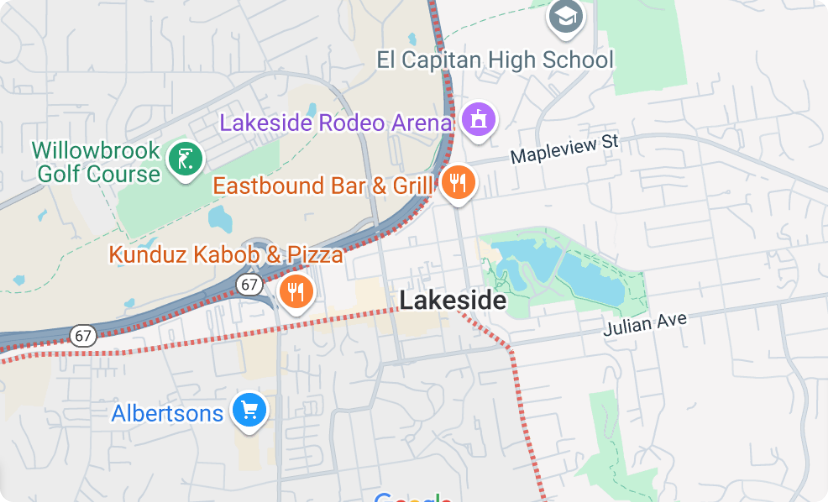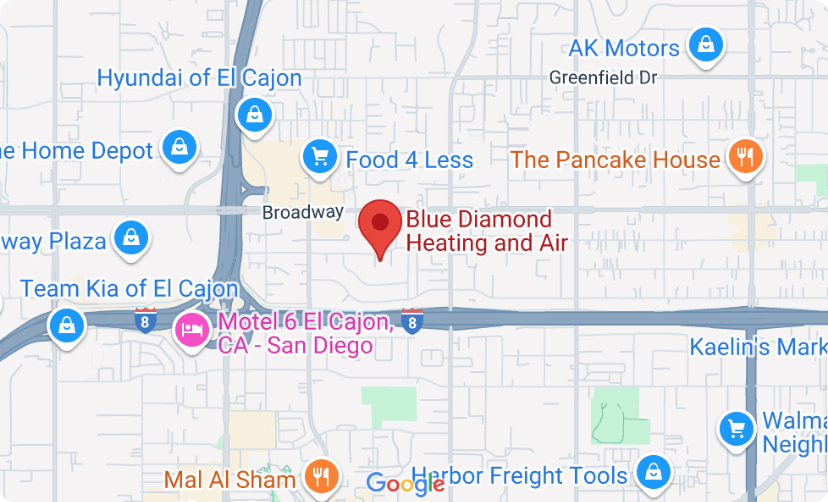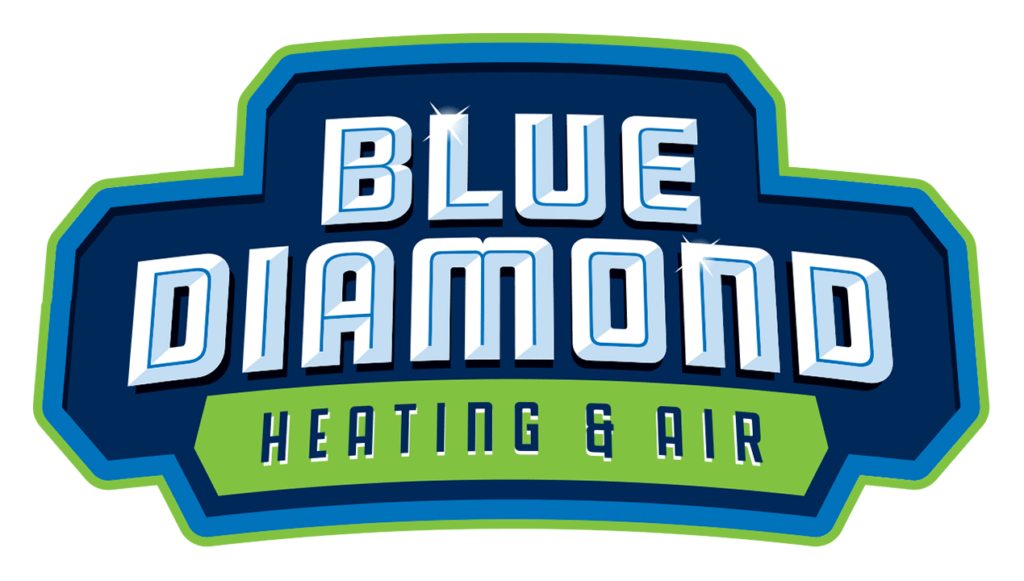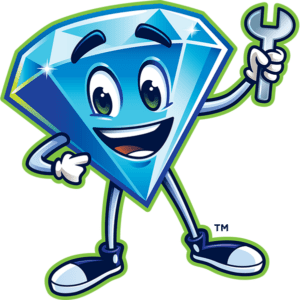San Diego summers may not be as extreme as other parts of the country, but when the heat rises, so do energy bills. If your air conditioner is working harder than it should, you might be wasting energy and money. Whether you’re trying to lower cooling costs or ensure your HVAC system is running efficiently, this guide will help you stay comfortable all summer long.
How to Reduce Your AC Bills During Hot Months
Running your air conditioner all summer can be expensive, but small changes can make a big difference in your energy bill. Here’s how to keep your home cool without overspending:
1. Adjust Your Thermostat for Maximum Efficiency
Setting your thermostat correctly can cut cooling costs without sacrificing comfort. The U.S. Department of Energy recommends keeping your home at 78°F when you’re home and raising it a few degrees when you’re away. If that feels too warm, try using fans to circulate air and make the room feel cooler.
For even better efficiency, consider upgrading to a smart thermostat. These devices automatically adjust temperatures based on your habits and even let you control your AC remotely.
2. Use Ceiling Fans to Reduce Cooling Costs
Ceiling fans help distribute cool air more evenly, reducing the strain on your AC. When using fans, you can raise your thermostat by about 4°F without feeling warmer. Just remember to turn off fans when you leave the room—they cool people, not spaces.
3. Keep Curtains and Blinds Closed During the Day
San Diego gets plenty of sunshine, but direct sunlight can quickly heat your home. Close blinds or curtains during the hottest parts of the day to prevent your AC from working overtime. If you want extra insulation, consider blackout curtains or solar window film.
4. Seal Air Leaks and Improve Insulation
Cool air escaping through gaps in doors, windows, and ductwork forces your AC to work harder. Check for leaks and seal them with weatherstripping or caulk. If your home isn’t well-insulated, consider adding insulation to attics and walls to keep the cool air inside.
5. Clean or Replace Your AC Filter Regularly
A dirty air filter restricts airflow, making your AC unit work harder and increasing energy consumption. Most filters should be replaced every 1-3 months, especially during high-use seasons like summer.
6. Avoid Heat Buildup from Appliances
Ovens, stoves, and even incandescent light bulbs generate heat that can make your AC work harder. Try these simple adjustments:
- Cook with a microwave, air fryer, or grill outside instead of using the oven.
- Use LED light bulbs, which produce less heat and consume less energy.
- Run dishwashers and laundry machines at night when temperatures are lower.
7. Get Your AC Tuned Up Before Summer Starts
An annual HVAC maintenance check ensures your system is running efficiently before the hottest months hit. A professional can clean the coils, check refrigerant levels, and inspect for issues that could lead to costly repairs later.
Signs Your AC Needs a Tune-Up Before Summer
A struggling AC unit can waste energy, increase your bills, and even break down on the hottest days. Here are some warning signs that your air conditioner needs attention before summer arrives:
1. Weak or Warm Airflow
If your AC isn’t blowing cold air or the airflow feels weak, it may indicate a clogged filter, low refrigerant levels, or ductwork issues.
2. Unusual Noises
Banging, rattling, or squealing sounds coming from your AC could signal loose components, motor issues, or failing parts that need attention.
3. Higher-Than-Normal Energy Bills
If your energy bill has spiked despite normal usage, your AC might be running inefficiently due to dirty coils, blocked vents, or an aging system that needs servicing.
4. AC Cycles On and Off Frequently
Short cycling (when the AC turns on and off rapidly) can be caused by dirty filters, thermostat issues, or an improperly sized system. A professional can diagnose and fix the problem.
5. Bad Odors or Excess Humidity
Musty or burning smells from your AC could indicate mold, mildew, or electrical problems. If your home feels more humid than usual, your system might not be removing moisture properly.
6. Water Leaks Around the Unit
If you notice pooled water near your AC unit, it could be due to a clogged condensate drain or refrigerant leak—both of which require professional repair.
Stay Cool & Save Money This Summer
By taking proactive steps to maintain your HVAC system and improve energy efficiency, you can stay comfortable without breaking the bank. Schedule an AC tune-up, adopt energy-saving habits, and make small home adjustments to keep your cooling costs under control.
Need a professional AC inspection or upgrade in San Diego? Contact Blue Diamond Heating & Air today to ensure your system is summer-ready!



